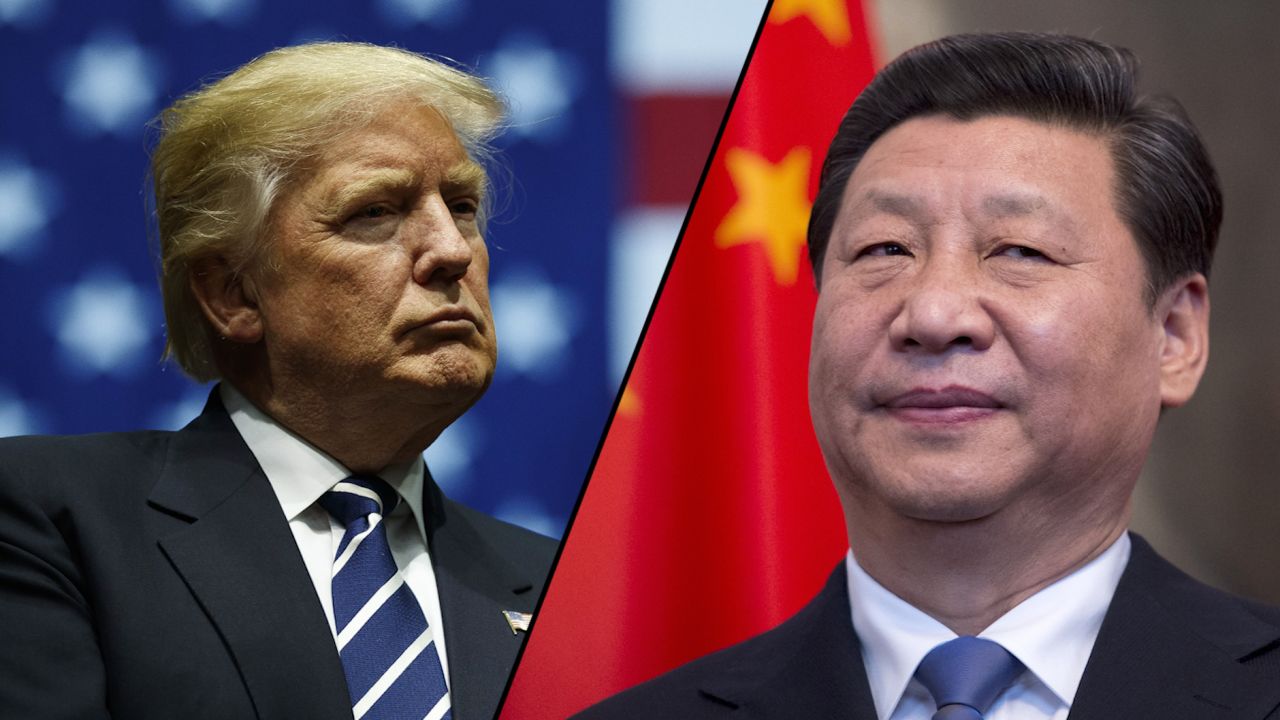China: The Relentless Powerhouse

In today’s shifting world order, the pursuit of energy dominance has become the defining competition of the 21st century. Once measured in barrels of oil and gas pipelines, energy supremacy is now determined by clean technology, sustainable innovation, and the ability to control the future of power itself.
China has consolidated its position as the world’s undisputed green energy giant. In 2024, it installed more solar and wind capacity than the rest of the world combined, cementing control not only over renewable energy production but also the manufacturing of critical components such as solar panels, batteries, and wind turbines. With state-backed investments, subsidies, and aggressive global export strategies, Beijing has transformed green energy from an environmental cause into a geopolitical weapon.
Europe, driven by both climate commitments and energy security needs, has intensified its push toward renewables. Following years of reliance on Russian gas, the continent is accelerating wind, solar, and nuclear projects to reduce dependence and achieve climate neutrality by 2050. Massive investment packages—from Germany’s hydrogen corridors to France’s nuclear expansion—demonstrate Europe’s determination to remain relevant in the global energy race.
For decades, Gulf nations were synonymous with oil riches. Today, they are rewriting their legacy. Saudi Arabia’s Vision 2030, the UAE’s Masdar initiatives, and Qatar’s investments in LNG and green hydrogen reveal a region intent on diversifying. Futuristic projects such as Saudi Arabia’s NEOM city position the Gulf not only as an energy hub but as a testing ground for cutting-edge sustainability.
The battle for energy leadership is no longer about the size of oil reserves but about clean technology patents, global supply chain dominance, and the capacity to define tomorrow’s energy standards. Nations that control the intellectual property of renewables, storage, and hydrogen infrastructure will wield disproportionate influence over the global economy.
Africa, with its vast solar, wind, and geothermal resources, is emerging as a potential game-changer. Kenya, Morocco, and South Africa are already investing heavily in renewable projects, while investors eye the continent as the next frontier for large-scale green energy. For Africa, the question is not just about providing power for its people, but about positioning itself as a strategic player in the global energy future.
As the world moves away from fossil fuels, the energy race is no longer merely an environmental narrative—it is a contest of power, wealth, and legacy. The winners will not be those who extract the most resources, but those who innovate the fastest, scale the widest, and command the intellectual property that powers the 21st century. From Beijing’s solar supremacy to Europe’s hydrogen ambitions and the Gulf’s futuristic reinventions, one truth stands clear: energy is the new battlefield of global influence, and sustainability is its weapon of choice.





